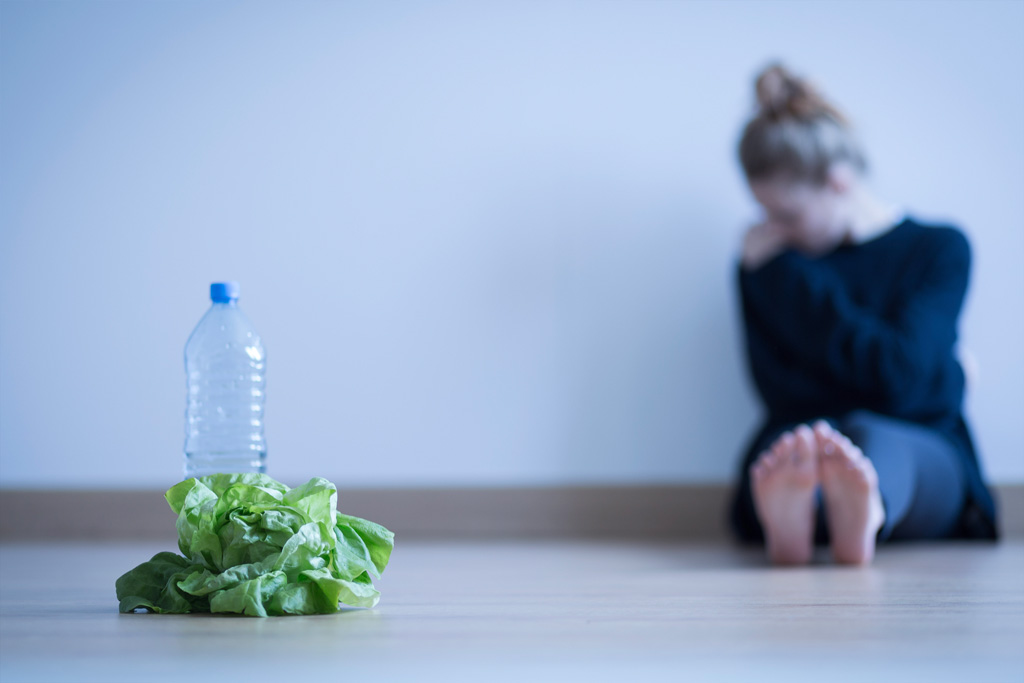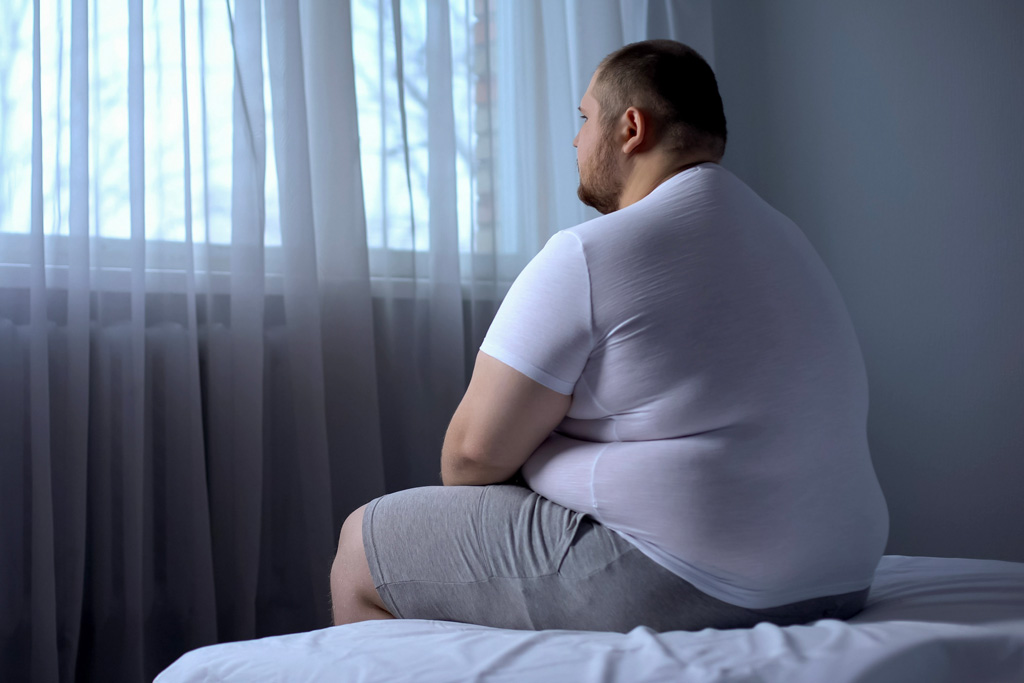Anorexia and
Eating Problems
Loving life – free from eating problems
Eating too much, eating too little, constantly eating or trying new diets: more and more people are struggling with this. From those few stubborn kilos that just won’t go away, to serious and sometimes life-threatening problems like anorexia and obesity – food has almost all of us captivated.
Somehow struggling with food is so common, but the shame surrounding the struggle with food is great. Especially when it comes to being overweight, which is after all so visible, there is a constant feeling of guilt and shame plays an enormous role under all disapproving looks and comments.
Even people who vomit or eat far too little usually keep it anxiously hidden from the outside world.
Anorexia
Anorexia is not about being thin and looking like a model, or about control and passive manipulation. Anorexia is about not wanting to feel any need.
If you suffer from anorexia you have an intense fear of eating. You would prefer not to eat at all, food has become your enemy. Eating feels immediately like a life-threatening activity.

Bulimia
If you suffer from bulimia, you often eat too much and then force it out of the body, usually by vomiting or by taking a large dose of laxatives.
De drang om veel te veel te eten is onbeheersbaar, maar de angst om dik te worden is even groot. That leads to a hell of binge eating and then the compulsion to get rid of the food.

Binge-eten
Too often eating too much is not seen as an eating disorder but is a daily problem for many people. If you suffer from this, you take too much too often, you snack too much, or you can’t resist that bowl of chips when you’re sitting in front of the TV.
An attack of binge eating consists of eating a lot of food very quickly, with the feeling of having no control over what or how much and for how long you will eat. In addition, you do not feel full, or necessarily hungry and you often eat alone. After the binge, you are disgusted with yourself or there is shame, depression or guilt.

50% of the Dutch population suffers from being overweight
Watch the video where Ingeborg Bosch explains how PRI looks at beingoverweight.
Contact with your real feelings
All types of eating problems have something in common: the feeling that you have ‘no choice. If you suffer from anorexia, you don’t feel a choice between eating or not eating. With bulimia, you don’t feel a choice to eat normal portions or not to purge (vomit by inducing it in yourself). With binge eating, you do not experience a choice to simply eat less and all those people who eat just a little too much do not experience that it is an option to change structurally.
Only with a lot of willpower can you temporarily control your eating
behaviour or ‘lifestyle’. However willpower is finite, be it after an hour or after 2 years and then the old behaviour returns. After all, the underlying cause has not been removed. And as long as you are not in contact with your underlying feelings, your eating behaviour will continue to feel unfree, forced and without real choice.
How can PRI help you?
With PRI you learn to recognize which situations in your daily life prompt you to either stop eating or eat too much. With your therapist, you will discover which feelings you
(subconsciously) do not want to feel by eating or not eating; old, painful, repressed feelings from the beginning of your life.
In this way, you will discover that your eating behaviour ‘only’ has the function to cover that old pain. You learn to allow these feelings, which you have never been able to process and to feel them through.
By working with the old feelings you gradually separate your past from the present. The eating behaviour loses its function and thus disappears.
The result is that you can handle food freely. Moreover, you get a grip on your eating behaviour and your emotions, because your therapist teaches you how to apply the PRI instruments yourself, now and in the future.

More information about PRI and the treatment of anorexia
Research into the treatment of PRI in anorexia
In the scientific journal of the Association for Prenatal and Perinatal Psychology and Health (APPPAH), UvA PhD candidate Heleen Wesselius published an article on the treatment of extreme recurrent anorexia with PRI.
The first results, measured over a longer period, seem very positive. The girls and women studied (with an extremely low BMI of 12.5-16.5) all had fewer obsessions about eating after therapy, self-mutilation decreased or stopped, suicide risks decreased and disappeared. Normal life could be resumed for all. Normal life could be resumed for all.
You can read more about this study and the results (article in Dutch)
And on GGZ.nl (article in Dutch):
Want to read the full article in English? Klik dan hier.

Do you want to know more, or do you suffer from anorexia yourself or someone you know, please contact us with Lenneke van Hastenberg 06-51 08 65 20
Steungroep voor ouders
There is a support group for parents where we together give voice to the sound that things need to be different with anorexia care in the Netherlands. Wil je aansluiten bij deze groep? Je bent van harte welkom!
Neem contact op met Lenneke van Hastenberg, 06 – 51 08 65 20 of mail naar anorexiazorg@prionline.nl.
